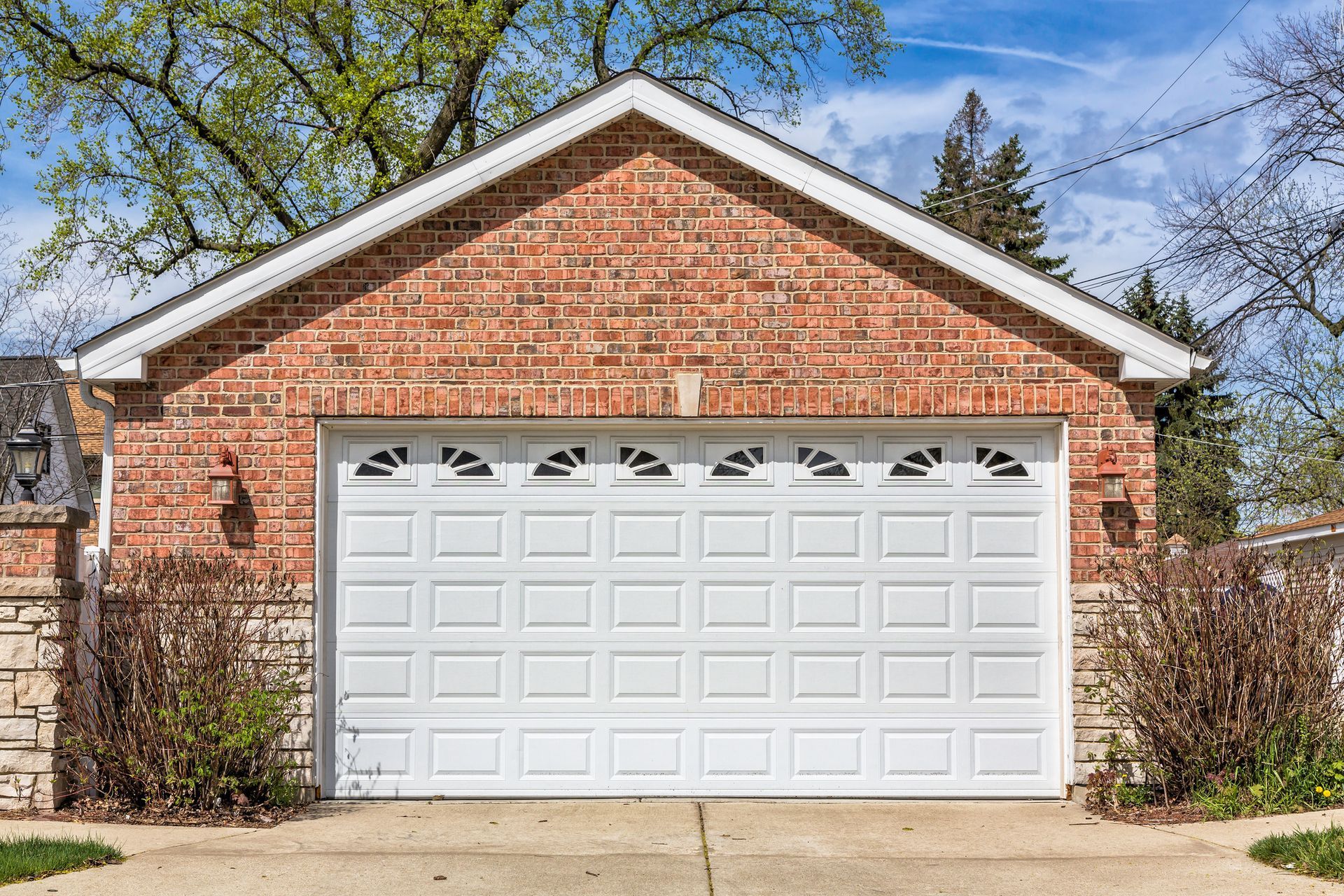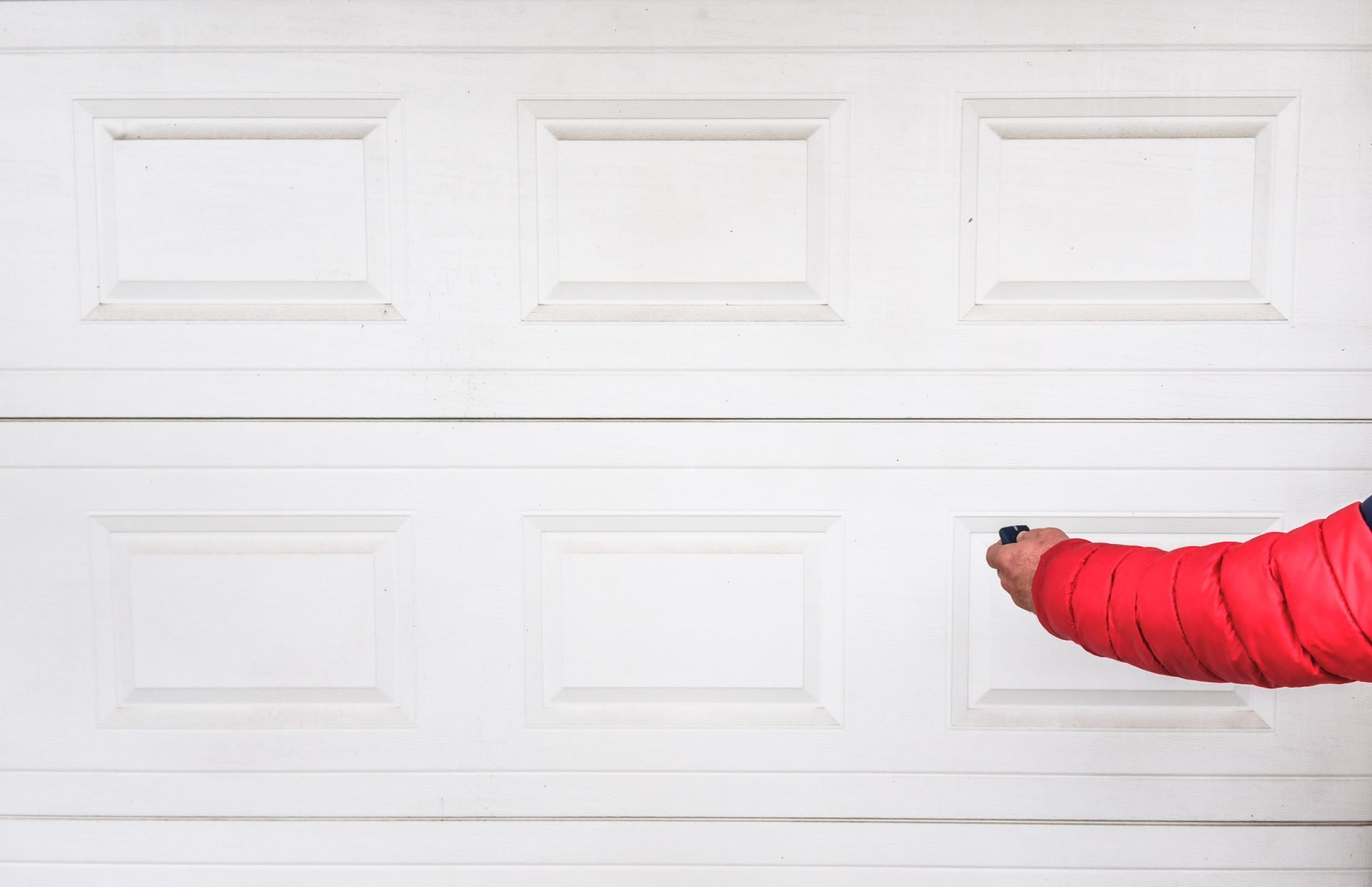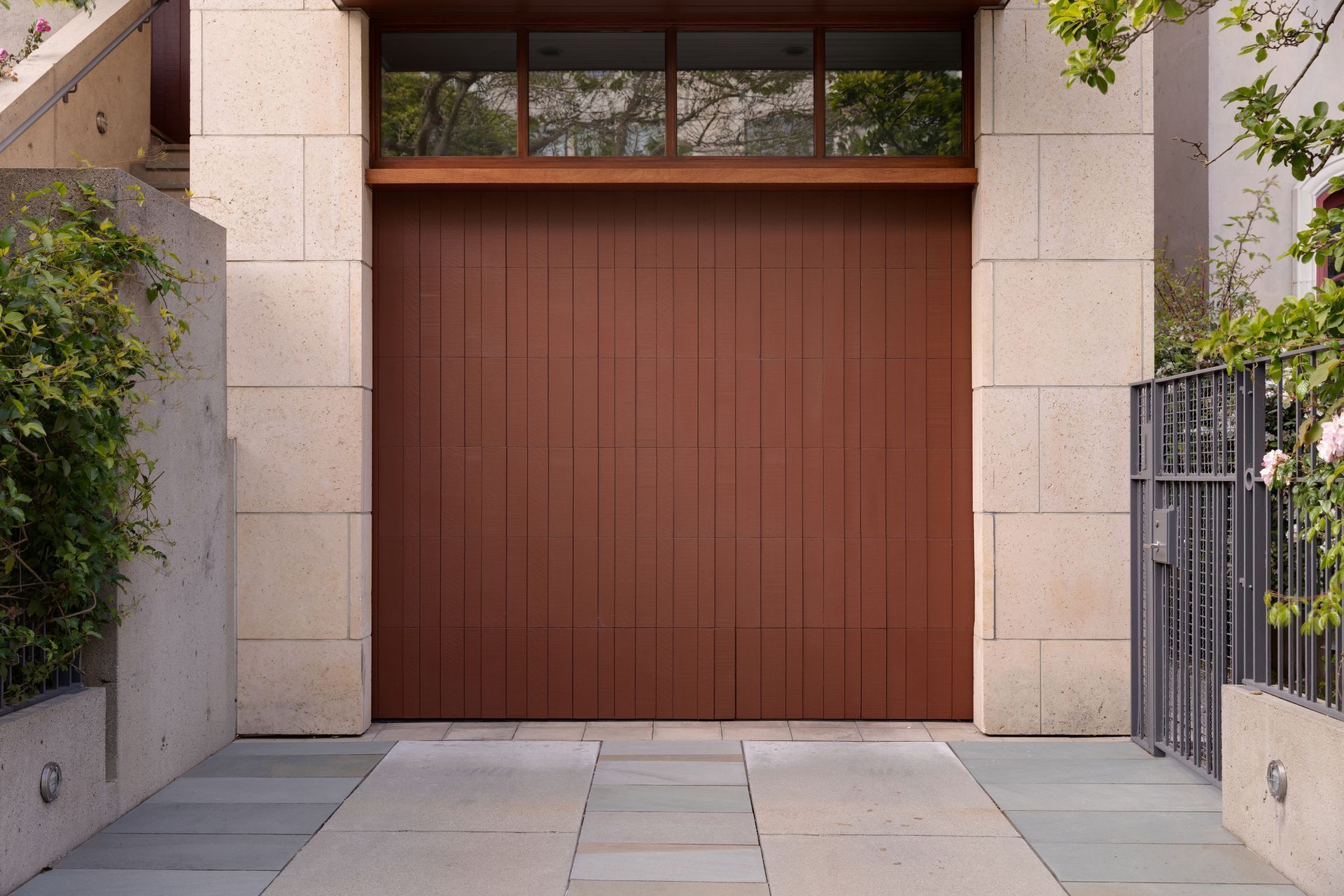Same-Day Free Estimates with 30-Minute Arrival Windows for Collin and Dallas County areas Since 1977.
3 Materials to Consider for Your Next Garage Door
Because a garage door purchase represents a significant investment, you want to make sure that you get the most suitable garage door material for your long-term needs. However, the sheer number of available materials can complicate your decision. Take a look at the relative pros and cons of the three most common garage door materials.
1. Wood (or Wood Composite): A Traditional Option
Wooden garage doors have graced homes for decades. This traditional material for garage doors imparts an undeniable sense of luxury to a home’s exterior. Wood also features a degree of built-in insulation while lending itself to sanding, varnish, repainting, and hand-crafted customized designs.
Before you leap into the purchase of a wooden garage door, however, you should know that wood requires regular care and maintenance. Moisture can warp or rot a wooden garage door over time, while pests such as termites can weaken it. Temperature or humidity changes can also cause wood to split.
If you prefer a more robust option still incorporates real wood into its structure, consider a composite garage door. A composite garage door combines a solid wood interior with an exterior layer of durable, rot-resistant fiberboard that retains the look of real wood.
2. Fiberglass: A Look of Wood Without the Weight or Cost
Fiberglass garage doors can make good sense when you want a wood-like product that holds up to Mother Nature better than actual wood. Today’s fiberglass garage doors usually combine a sturdy steel structure with an outer fiberglass layer. The end result resists cracking better than old-fashioned all-fiberglass doors.
Like vinyl, fiberglass (in its composite form) doesn’t dent or warp easily. It also retains its beauty for many years without wood’s need for periodic repainting and re-varnishing. You can also find fiberglass garage doors imprinted with convincing wood grain patterns, giving you the aesthetics of wood for a lower price.
Fiberglass doesn’t necessarily suit every homeowner’s budget, however. Its price, while cheaper than solid wood, can range higher than that of other garage door materials.
3. Steel: A Variety of Thicknesses
Budget-conscious homeowners often prefer steel as one of the more affordable materials for garage doors. Steel garage doors also require little maintenance. You can purchase steel garage doors in a variety of styles, including wood-grain textures. Steel takes paint well, so you can change its look as desired.
On the downside, steel does not offer any real insulation on its own, forcing you to add insulation separately or seek out models specially equipped with insulating fillers. Despite the material’s minimal maintenance requirements, it can rust if you let chipped or scratched paint go unaddressed.
If you still can’t decide exactly what kind of garage door best suits your needs, budget, and taste, turn to Plano Overhead Garage Door for guidance. We can help you make the ideal selection from our wide range of garage door products. Contact us today for a free in-home estimate.
The post 3 Materials to Consider for Your Next Garage Door appeared first on Plano Overhead Door.









